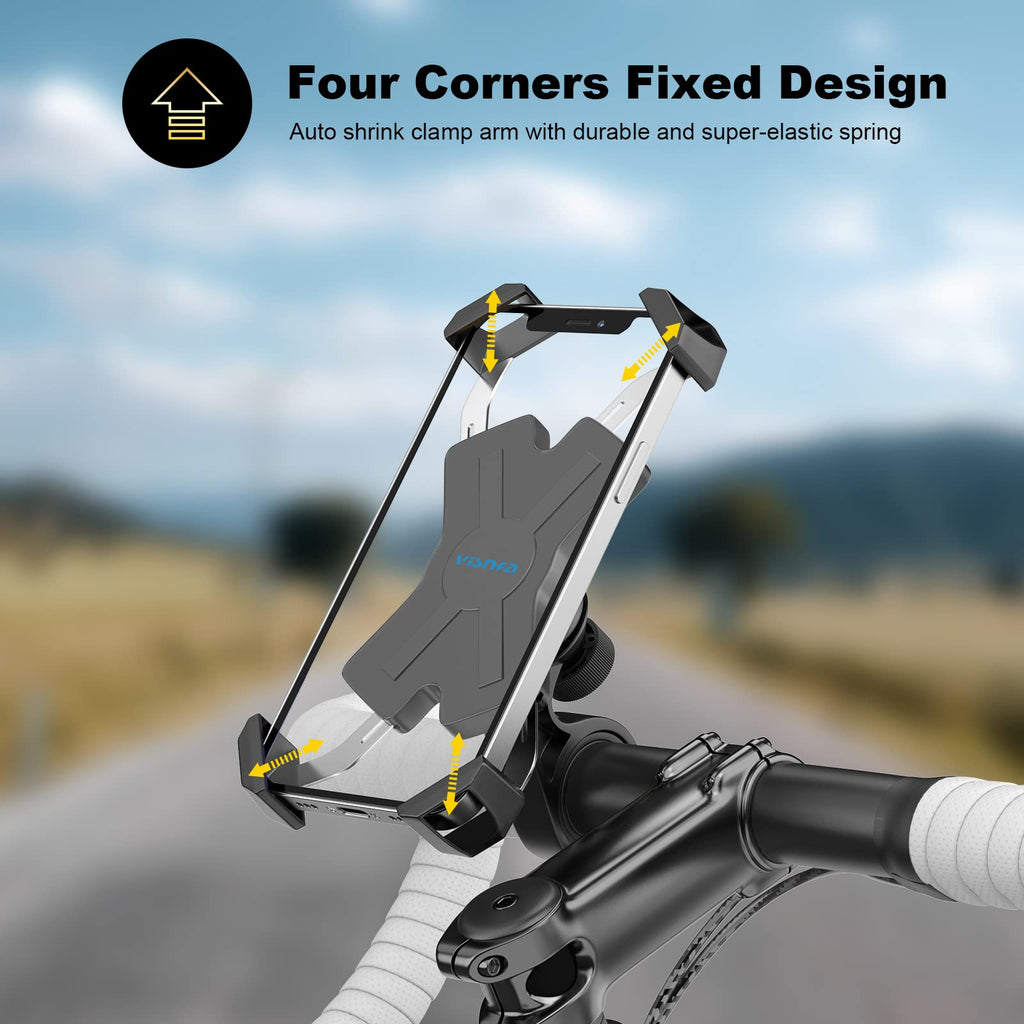Florida Hits 400,000 EV Adoption Sales in 2025—Infrastructure Gaps Lead to a Major Concern
Central Florida sees record-setting EV adoption as state leaders confront the growing pains of a transportation revolution.
Florida has officially entered a new era on the road, with more than 400,000 electric vehicles (EVs) now registered across the state as of early 2025. That’s not just a number, it’s a sign of just how quickly things are changing. Since 2016, EV registrations have skyrocketed by over 2,000%. Today, one in every ten new cars sold in Florida is electric, earning the Sunshine State the title of the second-largest EV market in the country, right behind California.
But with all this progress comes a new set of challenges. The rapid rise in EVs is putting pressure on infrastructure that wasn’t built to handle it, especially in rural areas, coastal evacuation routes, and fast-growing cities. Charging stations aren’t always where drivers need them, and legislation hasn’t fully caught up with the shift. Florida is moving fast, but now the focus needs to be on making sure the foundation is strong enough to support the pace of change.
Key Highlights: Florida’s EV Surge in 2025
- 400,000+ EVs registered in Florida as of Q1 2025
- 2nd largest EV market in the U.S., behind California
- Central Florida leads the charge:
- 15.2% YoY EV registration growth
- 46% increase in Orange County alone
- 11,940+ public charging ports available; 21 EVs per port on average
- 13,000+ new chargers planned for Florida’s hospitality and tourism sectors
- 168 electric school buses throughout the state will cost $57 million.
- while $198 million in NEVI federal funding will go toward EV infrastructure.
- SB 462 proposes a 6¢/kWh tax to recover up to $78.3M in lost gas tax revenue
- Florida also stands out for another reason: it's the only state that doesn’t charge extra fees for EV registration or charging station use.
- Mobile chargers outperformed gas stations during recent hurricanes, raising the stakes for resilience planning
1. Florida’s EV Boom: Powered by Cities, Millennials, and Utilities
Urban centers like Orlando, Tampa, and Miami are home to a large portion of Florida's growth. Between November 2023 and 2024, more than 17,000 new EVs were added in Central Florida alone, with Orange County seeing a 46% increase in EV ownership. Despite the lack of substantial state incentives, Millennials and Gen X are primarily responsible for the momentum.
Utility companies are also taking the initiative in areas where policy is lacking. While municipal utilities like JEA, OUC, and KUA provide rebates ranging from $100 to $300 for residential chargers and upgrades, Duke Energy Florida and Florida Power & Light invested $36 per customer in expanding their EV infrastructure.
2. Infrastructure and Equity: Cracks in the Asphalt
The ratio of 21 EVs per charger indicates increasing strain, even though Florida has more than 11,940 public charging ports. Evacuation zones and rural areas continue to be severely underserved. Mobile EV chargers performed better in terms of uptime during recent hurricanes than gas stations, highlighting the importance of EVs in emergency preparedness.
EV usage varies by county, with rural Madison having only 13 EV miles driven per 1,000 residents, while St. Johns County has 637 EV miles driven per 1,000 residents. Additionally, the cost of transportation is 30% higher for drivers in rural areas, and the deployment of chargers in strategic areas has been hampered by delayed federal funding.
3. Legislation in Motion: Who Pays for the Roads?
Legislators in Florida are suggesting alternatives as EVs reduce traditional fuel tax revenues. Florida Senate Bill 462 would tax public charging at a rate of 6¢ per kWh, which could bring in between $46.4M and $78.3M a year. House Bills 567/1397 and other proposals propose to reallocate between $50 million and $75 million in sales tax revenue to the State Transportation Trust Fund.
Even though states like Utah and Hawaii are looking into mileage-based taxes, Florida is the only state in the Southeastern region that does not charge EV registration or charging station fees.
Simultaneously, consumer advocacy groups have expressed concerns regarding affordability and fairness as HB 577, which was passed in April 2025, permits local governments to triple storage fees for damaged EVs because of the fire risk posed by lithium-ion batteries.
4. Federal Dollars, Statewide Impact
Florida's federal funding pipeline is still robust despite regional difficulties. The government has obtained:
- The NEVI Formula Program will provide $198 million to upgrade fast-charging infrastructure.
- 168 electric school buses will be funded with $57 million from the EPA's VW Trust.
- Federal Charging and Fueling Infrastructure (CFI) grants totaling $89.7 million are helping cities like Jacksonville and Gainesville.
Additionally, 13,000+ chargers are planned by the private sector, especially in hotels, shopping centers, and tourism corridors.
5. The Road Ahead: Sustainable, Equitable, Resilient
Florida's transition is well underway, with EVs now making up one out of every ten new cars. However, experts caution that consistent rural investment, smarter legislation, and equitable infrastructure are essential for future growth.
Although impressive, “Florida's EV growth story is precarious. We run the risk of developing an unfair and unsustainable system if we don't increase our investments in rural access and long-term charging resilience.”

Official Statement:
Tahseen, Content Head at DRIDER E Scooters, states,
“We aim to deliver practical, clean transportation and make it approachable for every single consumer.”
The transition to accessible, carbon-free mobility is accelerated by DRIDER E Scooters' alignment with state-level clean transportation initiatives and federal initiatives like NEVI.
About Drider E-Scooters:
DRIDER supports the larger goal of urban decarbonization, energy efficiency, and commuter-friendly design as Florida and other states make investments in EV infrastructure and last-mile solutions.
DRIDER is dedicated to empowering communities, cities, and consumers in the clean transportation movement by offering an expanding range of high-performance e-scooters and educational materials on electric mobility.
Media Contact:
Tahseen
Content Head at DRIDER E Scooters
info@driderescooters.com
(714) 512-5677
www.driderescooters.com












